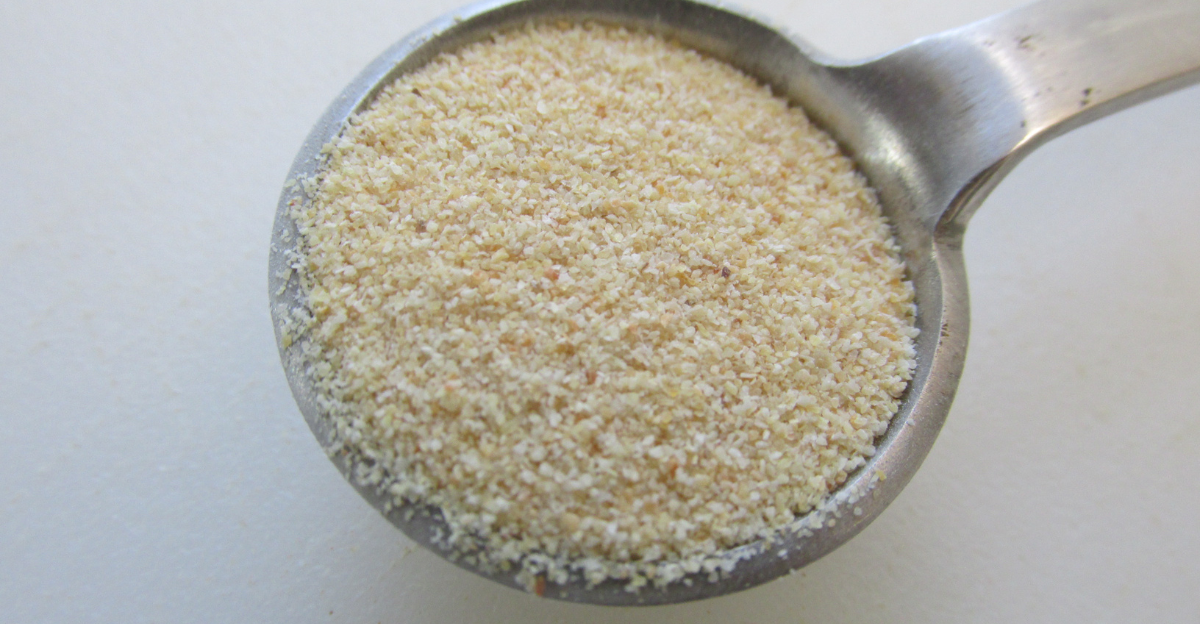
Believe it or not, daily life has potential dangers for our animals, even in the safest homes. The Animal Poison Control Center estimates that over-the-counter medications, household products, and common foods are among the top culprits for pet poisonings annually.
Most frightening is that most pet owners are unaware of these threats until catastrophe strikes. One slip, a forgotten pill, or an overlooked snack can be fatal. The risks accumulate as our lives become filled with convenience foods and “natural” healing remedies. Awareness of these risks isn’t just responsible pet care—it’s life and death.
Over-the-Counter Medications
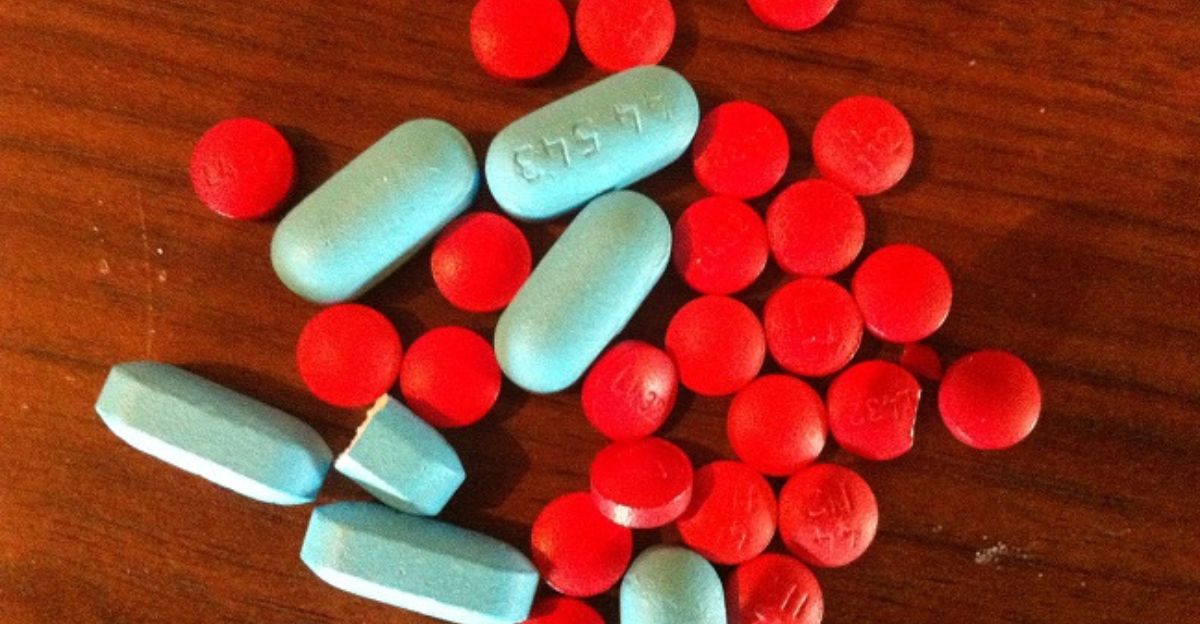
Over-the-counter Medications such as acetaminophen (Tylenol), ibuprofen (Advil), and naproxen (Aleve) top the list of pet poisons, causing more poisonings than any other household product. One tablet can kill a dog’s or cat’s liver, ruin their kidneys, or kill them with blood disorders.
Symptoms are apparent within hours: vomiting, rapid breathing, and swelling are warning signs. Too often, well-meaning owners mistakenly administer these drugs for pain, not knowing the deadly consequences. The solution is starkly simple: lock up all drugs and never administer medicine to animals without consulting a veterinarian.
Xylitol-A Sweetener
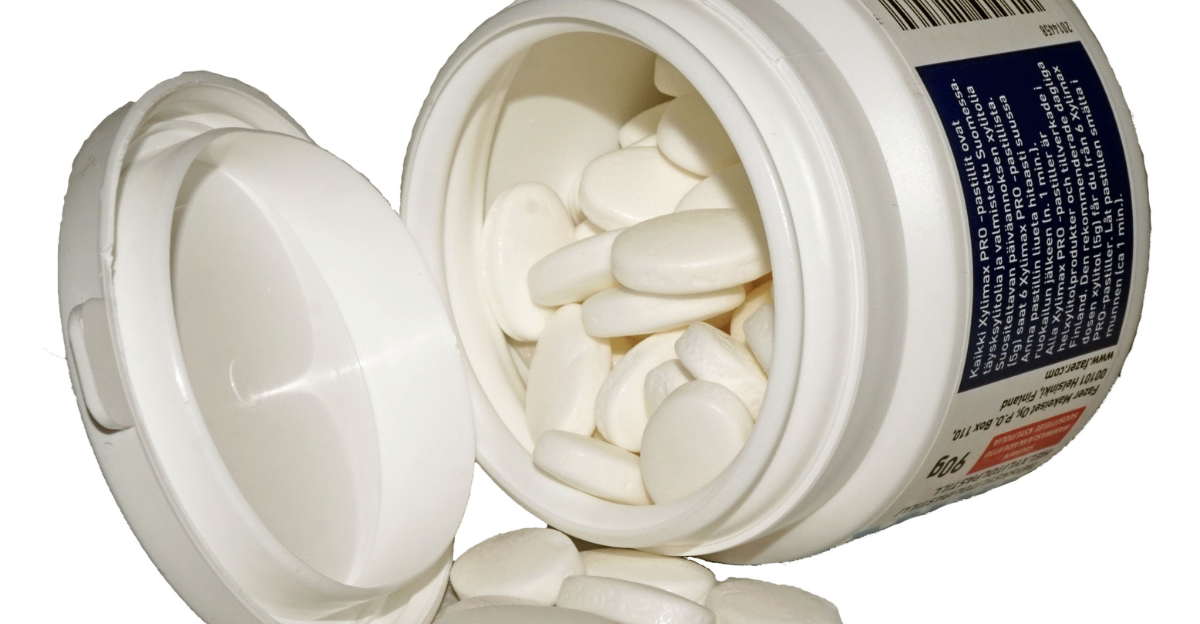
Xylitol is a sugar-free sweetener commonly found in products like chewing gum, peanut butter, baked goods, and even toothpaste. While safe for humans, it is highly toxic to dogs. When a dog consumes xylitol, it can trigger a sudden and dangerous drop in blood sugar levels, often within 30 minutes, leading to symptoms such as vomiting, weakness, lethargy, loss of coordination, and seizures.
In severe cases, it can cause liver failure and even death. Cats seem less affected, but for dogs, the risk is serious. With sugar-free products on the rise, pet owners must carefully check labels to protect their pets.
Raisins and Grapes
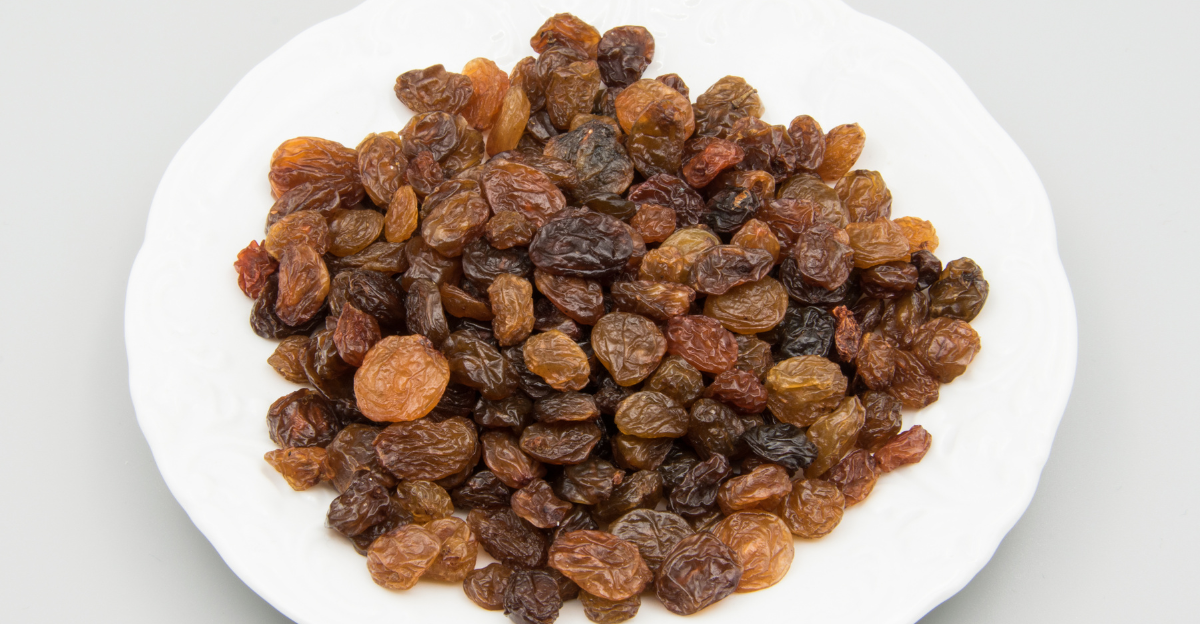
Xylitol is a sugar-free sweetener often found in everyday items such as chewing gum, peanut butter, baked goods, mouthwash, and toothpaste. While it is safe for human consumption, it poses a serious and potentially deadly threat to dogs.
Even small amounts can trigger a rapid and dangerous drop in a dog’s blood sugar within 30 minutes, causing symptoms like vomiting, weakness, staggering, lethargy, and seizures. In some cases, it can also lead to sudden liver failure. Although cats appear to be less affected, the risk to dogs is significant. With sugar-free products becoming more common, dog owners must read ingredient labels carefully to ensure their pets’ safety.
Onions and Garlic Powder Are Toxic
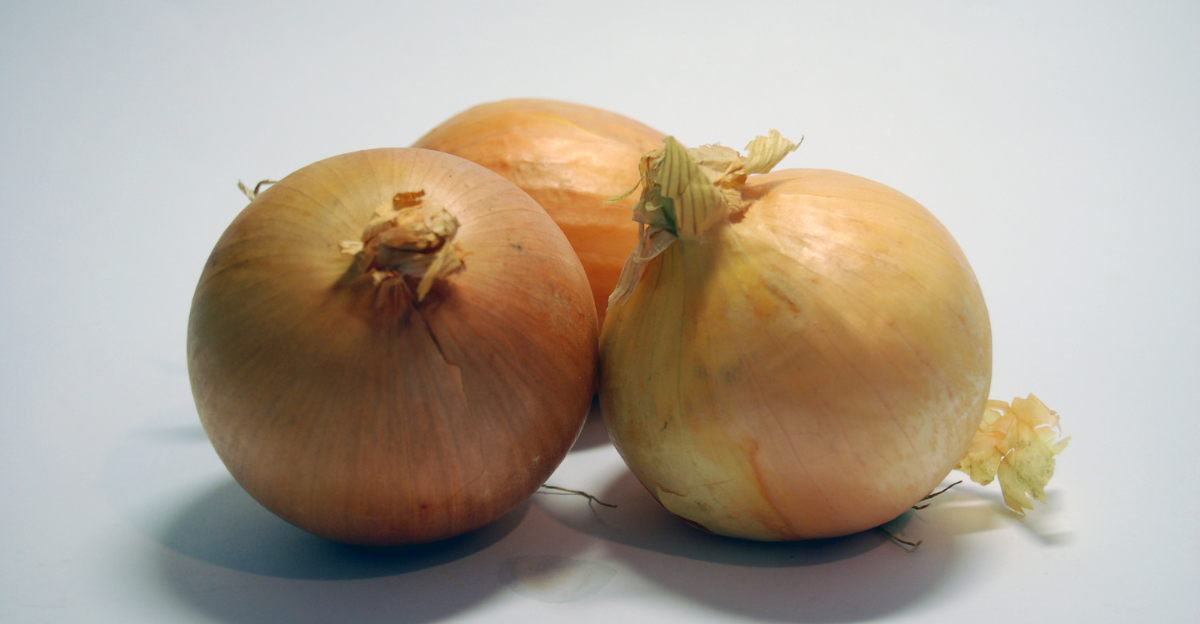
Onions, garlic, leeks, and chives contain chemicals called thiosulfates that are highly toxic to animals, especially cats. The chemicals annihilate red blood cells, leading to anemia, organ failure, and death. The danger comes in any form—raw, cooked, dried,
or powdered—and even small amounts can be fatal. For example, a spoonful of table scraps or a bit of baby food containing onion or garlic powder can harm your pet. Symptoms like weakness, vomiting, and pale gums may not appear for several days, delaying diagnosis. The danger builds up over time, so repeated small exposures can be as deadly as one large dose.
Antifreeze: A Fatal Attraction
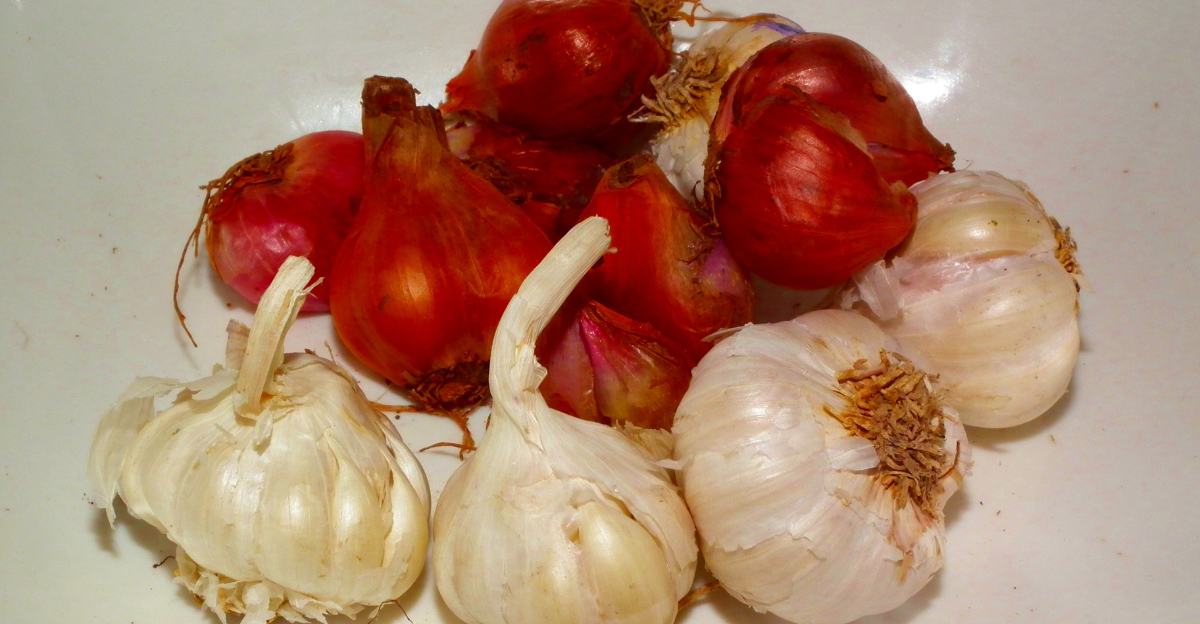
Garlic, onions, leeks, and chives all contain toxic compounds known as thiosulfates, which are especially dangerous to pets, cats being the most sensitive. These compounds attack and destroy red blood cells, leading to anemia, organ failure, and, in severe cases, death. The risk remains in all forms—whether the food is raw, cooked, dried, or powdered.
Even small amounts, like a bite of seasoned table scraps or baby food with garlic or onion powder, can be harmful. Symptoms such as vomiting, weakness, and pale gums often don’t appear for several days, making diagnosis more challenging. Repeated small exposures can build up and become just as deadly as one large dose.
Rodenticides
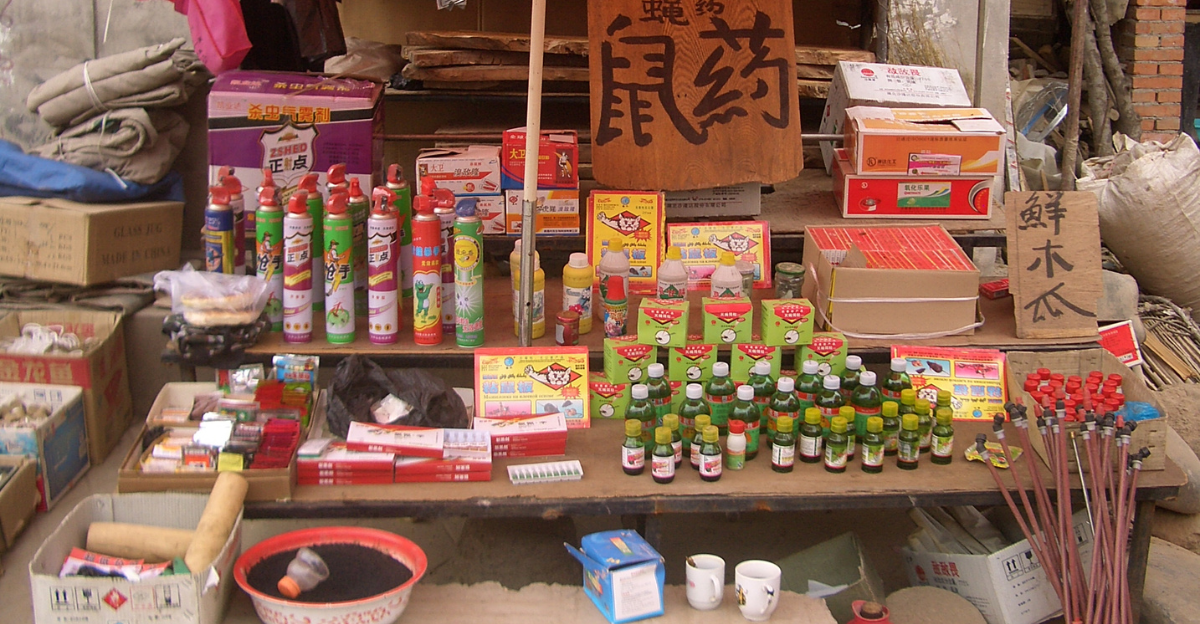
Rodent poisons, also known as rodenticides, are created to attract and kill rats and mice, but they also pose a serious threat to pets. These products often have a sweet smell or taste that appeals to cats and dogs, making accidental ingestion a common and dangerous risk.
Once consumed, rodenticides can cause internal bleeding, seizures, organ damage, and even death. Newer versions of these poisons act faster and are even more toxic. Pets can also suffer secondary poisoning by eating a rodent that has ingested the poison. The safest approach in homes with pets is to avoid rodenticides altogether and instead contact a professional pest control service.
Essential Oils: Aromatic but Deadly
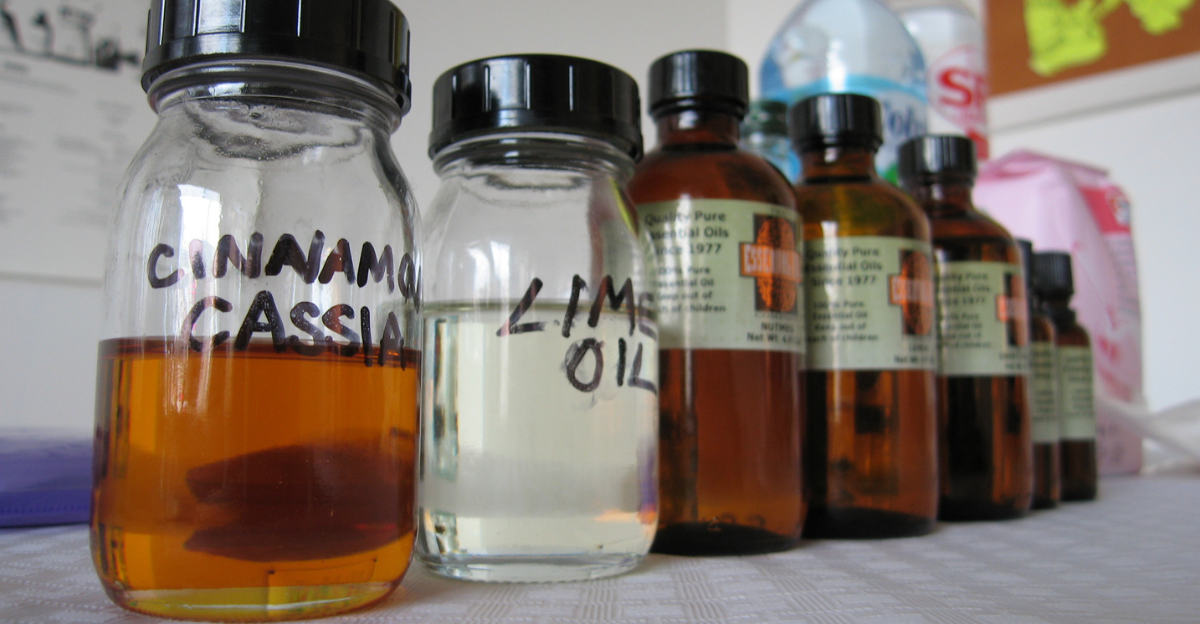
Rodent poisons, or rodenticides, are designed to attract and kill pests like rats and mice, but they are extremely dangerous to household pets. These toxic substances often contain sweet-smelling ingredients that lure curious cats and dogs. If a pet ingests even a small amount, it can suffer from severe symptoms such as internal bleeding, tremors, seizures, or even death.
Newer rodenticide formulas work more quickly and are more toxic than older versions, increasing the danger. Pets are also at risk from eating poisoned rodents. The safest solution for pet owners is to avoid using rodenticides altogether and contact a licensed pest control professional for safer alternatives.
Detergents and Cleaners
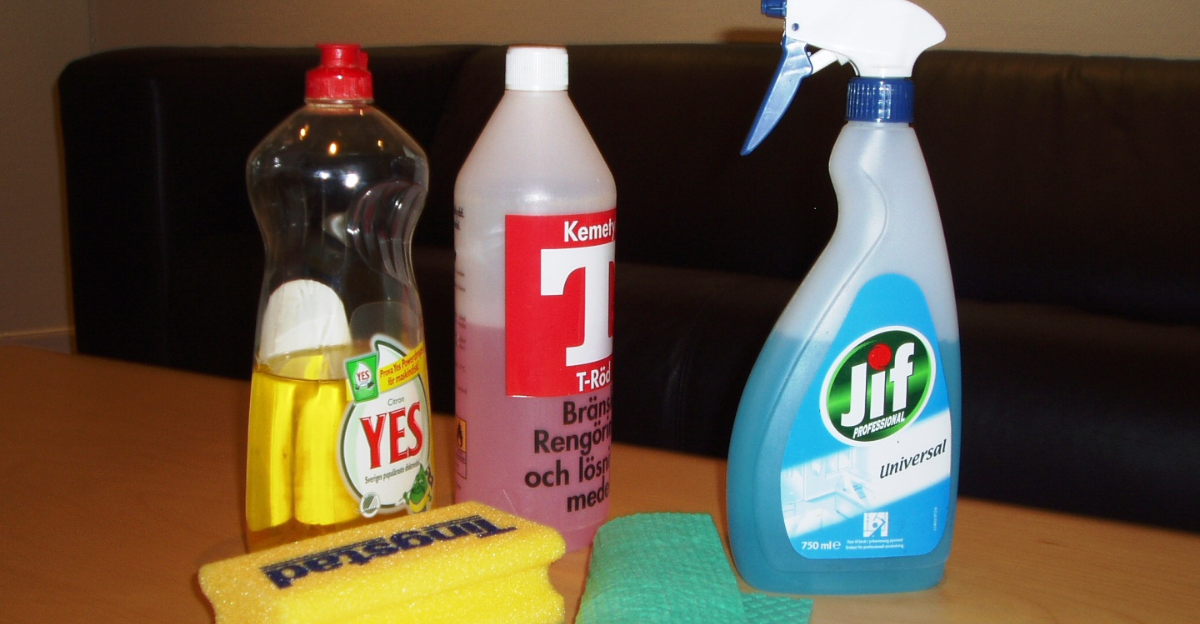
Laundry detergent, bleach, and many household cleaners have strong chemicals that burn the mouth, throat, and stomach if swallowed, often severely damaging organs or killing. These are even more toxic to pets, especially cats, as they are more sensitive to small amounts. Drooling, vomiting, difficulty breathing, or weakness can be observed soon after contact or ingestion.
Poisoning is often the result when pets wander through spills of detergent or lick surfaces covered with residue from cleaning. Newer cleaners have more concentrated ingredients than older products and, as a result, are more toxic. Proper disposal and immediate cleaning of spills prevent pets from being exposed to accidental poisoning.
Vigilance Is the Effective Remedy

Laundry detergent, bleach, and the majority of household cleaners contain powerful chemicals that, if swallowed, can be extremely harmful and greatly harm one’s mouth, throat, and stomach. If swallowed in large amounts, they can lead to organ failure or death. Pets are most vulnerable, with cats being the most sensitive since their bodies overreact to even minor doses. Symptoms of poisoning are typically drooling, vomiting, breathing difficulty, and sudden weakness. Pets become exposed by passing through spilled detergent or by licking surfaces that have been cleaned with chemical products. New cleaners are stronger than their predecessors and thus, even more dangerous.
References
9 Common Household Products that are Dangerous for Pets
10 Household Items That Are More Dangerous to Pets Than You Think







